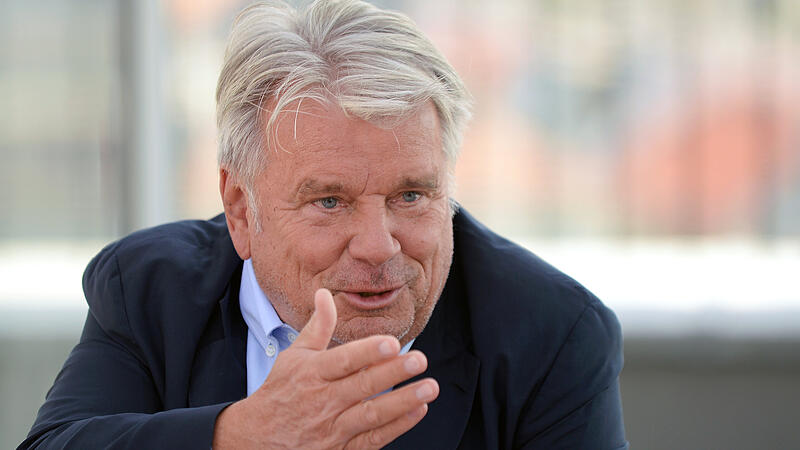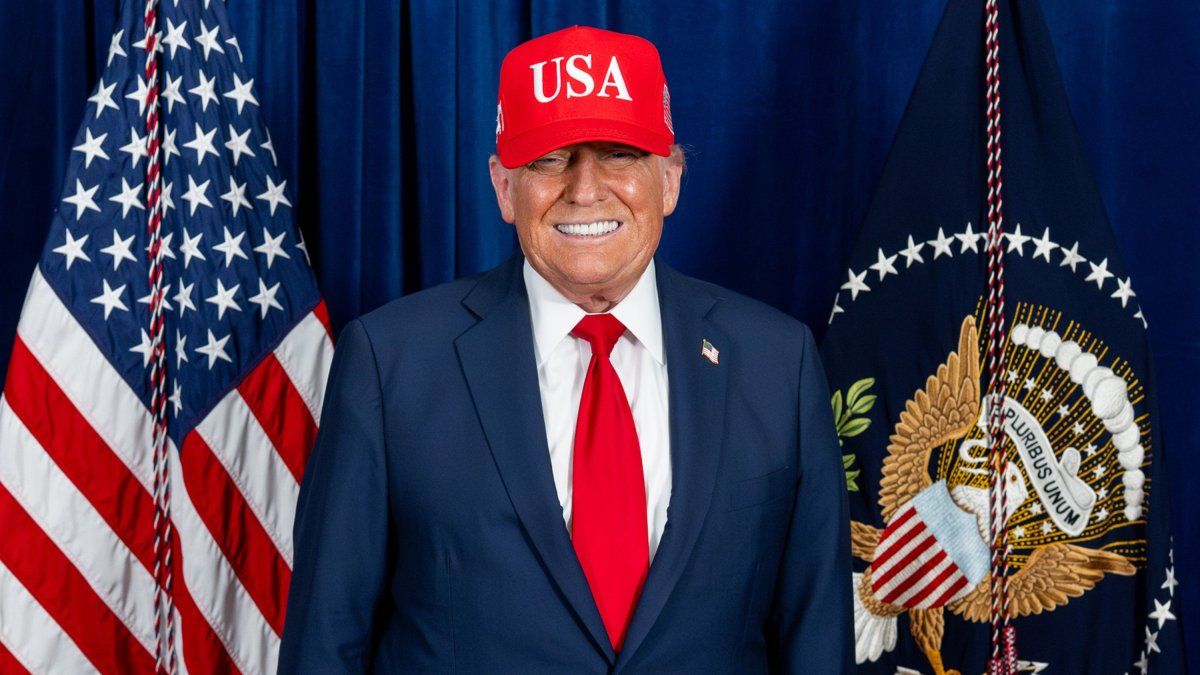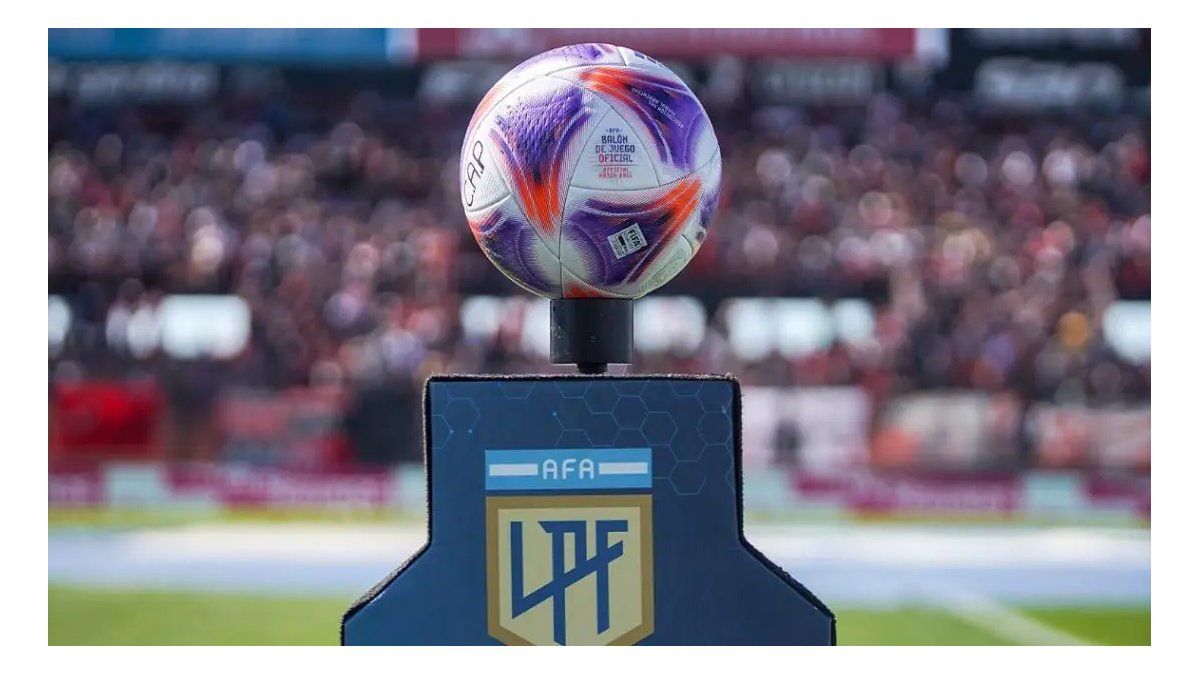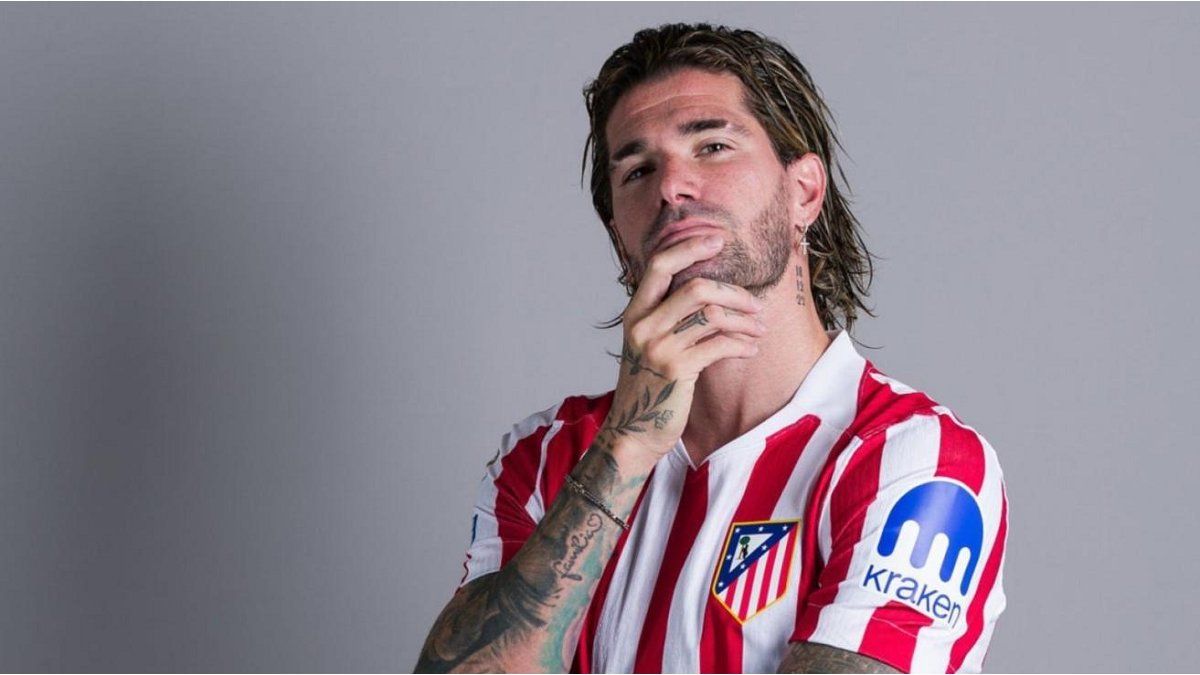Image: APA/Hans Klaus Techt
The co-owner and former boss of the construction giant Strabag (1998-2013) is still active as an investor – he is also significantly involved in the insolvent Signa. Now he has to give up. The wealthy Tyrolean, who was drawn to Lake Millstatt for his private life, will be able to cope with this. As a “centipede” he is involved in business, culture, society and politics.
The industrialist himself liked to choose this name to describe the Strabag Group because it is broadly based and therefore somewhat less vulnerable to the economic situation: if things are going badly in one area, things are going well in another.
- more on the subject:Haselsteiner on Signa bankruptcy: “How could this happen to me?”
Things are currently going badly for the Carinthian-born man with Tyrolean roots in his major financial commitment to the Signa real estate group owned by local investor René Benko. For him, the company’s bankruptcy was “a bitter defeat from a business perspective,” as Haselsteiner recently admitted in a news program on ORF television. “How could this happen to me?” he asked himself retrospectively. As a shareholder, he owns 15 percent of Signa Holding and 9 percent of the real estate developer Signa Development. In the course of the current insolvency, he is prepared to make a further 25 million euros available. He sees the investors as the losers of the bankruptcy, and therefore himself, as well as some large institutional lenders, who now all have to “give up”. He doesn’t want to quantify the extent of it for himself.
Getting on the Western Railway
The Tyrolean, who was born on February 1, 1944, also showed his entrepreneurial spirit of adventure when he joined the Western Railway, which was founded in 2011 and competed as mostly private competition against the established Austrian Federal Railways (ÖBB) on the lucrative Vienna – Salzburg route. Profit was not the focus for years. The private train provider, in which the Haselsteiner Familien-Privatstiftung acquired 49.9 percent of the shares as a major shareholder, only got out of the red in 2021, when the Austrian “climate ticket” began to significantly increase the basic capacity utilization.
The business scientist, who holds a doctorate, also invested in a number of other companies, such as the real estate company conwert, which is now owned by Vonovia, Germany’s largest housing group. But Haselsteiner was not only involved in the construction and real estate industry. In 2009, a year after the beginning of the global financial crisis, he and his partners took over the financially troubled Semper Constantia Privatbank, which was then sold in its entirety to the Liechtensteinische Landesbank in 2018.
- also read: Hans-Peter Haselsteiner: billionaire and humanitarian
A few years ago, the construction industrialist secured the majority stake in the operator of the energy change start-up Energy Hero, which was part of the company Blue Minds of the former Chancellor and ex-SPÖ boss Christian Kern. Former Chancellor Alfred Gusenbauer (SPÖ) also joined the company. The paths of Haselsteiner and Gusenbauer crossed again at Signa. The latter is chairman of the supervisory board there.
Member of the National Council
Retiring was never an option for the charismatic construction tycoon Haselsteiner. So he also made a foray into politics. From 1994 to 1998 he was a member of the National Council for the Liberal Forum (LIF). In 2008 he started another political engagement as an advisor to the SPÖ Carinthia in the areas of “work, income, business and tourism”. The liberal entrepreneur has also sponsored political movements that reflect his views – the beneficiaries so far have been NEOS and the Liberal Forum (LIF), which Haselsteiner has already supported – in addition to his personal commitment – with millions of dollars in donations from his coffers. Haselsteiner also sat on the ORF foundation board for NEOS.
A special concern of the construction lion and freemason, who is well connected in all areas of society, is his social commitment to the aid organization Concordia, founded by the Jesuit Father Georg Sporschill, for which he has been involved since 2004 – initially as a member of the advisory board and later as chairman of the foundation. The organization looks after thousands of needy children and elderly people in the Republic of Moldova, Romania, Bulgaria and Austria. According to Concordia, Strabag, in which the Haselsteiner Family Foundation is one of three major shareholders and whose group has been headed by Haselsteiner’s son Klemens since January 1, 2023, has been one of the most consistent companions since it was founded.
social commitment
So far, around half of the distribution from the Haselsteiner Family Foundation has gone to cultural and social purposes, the other part to the beneficiaries. The almost 80-year-old Haselsteiner has three legitimate sons – Johannes, Sebastian and Klemens – as well as (since 2002) latecomer Simon. His longing for a daughter remained unfulfilled. The wine connoisseur with a second home in Bolzano is considered one of the richest people in Austria.
In addition to his political ambitions and humanitarian commitment, Haselsteiner’s role as a patron of the arts is also evident. In terms of culture, the building contractor and investor hired himself out in 2014 as the savior of the private Essl art collection in Klosterneuburg, which was up for sale as a result of the breakup of the financially distressed specialty store chain bauMax (the Essl family). The Republic had refused to purchase the works. Haselsteiner took over a 60 percent share of the collection of around 4,600 works, which was reportedly worth more than 100 million euros to him at the time. He has made the Albertina’s works of contemporary painting and graphics available on permanent loan for 27 years. The collection is shown in the Vienna Künstlerhaus, which he had renovated for around 40 million euros and opened its doors to the public in May 2020 as “Albertina modern”. This April, the Essl Museum in Klosterneuburg (Tulln district) will also reopen as a display depot and the third location of the Albertina.
Born to a teacher
In Strabag itself, Haselsteiner promoted the company’s own art forum, including a collection and an art award. The art forum, which he founded in the early 1990s, includes over 2,500 works of contemporary painting and graphics. In 2004, the publicly accessible private Gironcoli crystal collection was created in the Strabag House in Vienna as a permanent presentation of the art and event location. The sculptures and works on paper by the Carinthian artist Bruno Gironcoli (1936-2010) form one of the focal points of the Strabag Artcollection.
Haselsteiner is also the main sponsor and president of the Tyrolean Festival Erl (Kufstein district). In Erl, he financed a good half of the new festival hall, which opened in 2012, with 20 million euros. The Signa bankruptcy should have no consequences for Erl – Signa founder Benko was also a sponsor of the festival. Haselsteiner covers the loss of the festival there.
The enterprising entrepreneur was born in Wörgl as the son of a teacher and later studied at the Vienna University of Economics and Business. Through his work as a tax advisor, he came into contact with the Upper Carinthian construction company Isola & Lerchbaumer (Ilbau AG) in 1972. The Tyrolean married the house’s daughter, Ulrike, and took over the management of the company after his father-in-law’s death. Over the course of three decades, the businessman, who was also privately enthusiastic about heli-skiing, converted the medium-sized company based in Spittal an der Drau into one of the largest European construction groups, which in 2022 had a construction output of almost 18 billion euros and a bottom line profit of reported almost 473 million euros.
Strabag listed on the stock exchange for a second time
In October 2007, Haselsteiner brought the construction group onto the Vienna Stock Exchange for a second time as Strabag SE, after the construction holding company Strabag had surprisingly turned its back on the trading floor just a few years before (2003). The reason for the departure was that the stock market listing (since 1990) had “not proven to be a suitable instrument for raising equity capital”, and on the other hand, acquisitions were easier and quicker to accomplish without the listing. Trading in Strabag shares was quite slow due to the low free float of less than 9 percent at the time, so liquidity was poor. But even after the second tapping of the stock exchange, the free float is still very small at 11.7 percent. The billion-dollar company is dominated by a few owners: According to the company website, the Haselsteiner family owns 28.3 percent, the Russian billionaire Oleg Deripaska, who was taken in in April 2007 (through his Rasperia Trading), currently owns 27.8 percent and the UNIQA/Raiffeisen companies own 29.5 percent percent of company shares.
Relationship with Deripaska strained
Despite the recent entry of the influential Russian, who is said to be part of Vladimir Putin’s inner circle, the investment story launched on the stock exchange at the second IPO (Initial Public Offering) went with Russia as a potential third main market for Strabag (in addition to Germany and Austria). never on. The hoped-for volume of construction contracts for the 2014 Winter Olympics in Sochi also failed to materialize and was reduced from 1 billion to 500 million euros. As early as 2016, Strabag no longer even achieved 1 percent of the group’s construction output in the country. The financial crisis, the Ukraine conflict, Western trade sanctions and the fall in crude oil prices all contributed to this. Sanctions had already been imposed on three of Deripaska’s Russian companies after Russia took over the Ukrainian peninsula of Crimea because of its proximity to the Kremlin.
Strabag’s relationship with Deripaska, who cost around 1.2 billion euros to join the company, has been strained again since Russia invaded Ukraine almost two years ago and the subsequent Western sanctions, and his dividends have been frozen. Deripaska is on the EU sanctions list. In December 2023 he announced that he would sell his Strabag share. The deal is not officially over yet and he is still a core shareholder in Austria’s largest construction group – alongside the Haselsteiner family.
My themes
For your saved topics were
new articles found.

info By clicking on the icon you can add the keyword to your topics.
info
By clicking on the icon you open your “my topics” page. They have of 15 keywords saved and would have to remove keywords.
info By clicking on the icon you can remove the keyword from your topics.
Add the topic to your topics.
Source: Nachrichten




